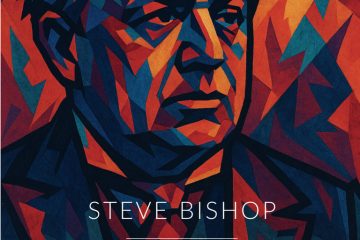Language expert David Smith has argued compellingly that the dominant way of teaching modern foreign languages (MFL) is shaped by consumerist and materialist narratives. The hidden message here is “I shop therefore I am”. Or for those of you who are fluent Latin speakers – “Tesco ergo sum”.
The focus in many French lessons is upon autonomous (self-governing) individuals buying ice creams, making complaints about hotels and busy in the many acts of (self-centred) tourism and consumption.
‘I want a strawberry ice cream’.
‘I want to make a complaint’.
‘I want a cold beer now’.
‘I want to buy a motor bike that makes me look good’.
‘I want a top job in Paris which will make me important’.
‘I want to live in a mansion where I can count out my money’.
‘Foreign person you exist to serve me’!
One other point worth noting is the striking absence of Christian beliefs and insights from MFL materials. It would seem that all foreigners live without any reference to God and Jesus. In fact the only reference to anything remotely ‘religious’ in many MFL syllabi is to horoscopes! Following the stars and following the money god are options in French textbooks but following Jesus is simply ignored.
So do we study French in order to serve the money god? Do we learn our French verbs because we want status, power and autonomy? Or do we learn French so that we can bless and love our neighbours?
A very simple way of teaching French in a Christian way is to tell stories that affirm hospitality and loving your neighbour rather than vignettes that promote consumerism and materialism. Why not do a lesson in French about Randy Lewis or George Cadbury?
- UCB Interview with Vicky Gibbens - January 28, 2026
- The Story of Fred Lemon who met Jesus and Two Angels in Prison - November 26, 2025
- The Inspiring Story of Abraham Kuyper (1837-1920) - October 22, 2025


